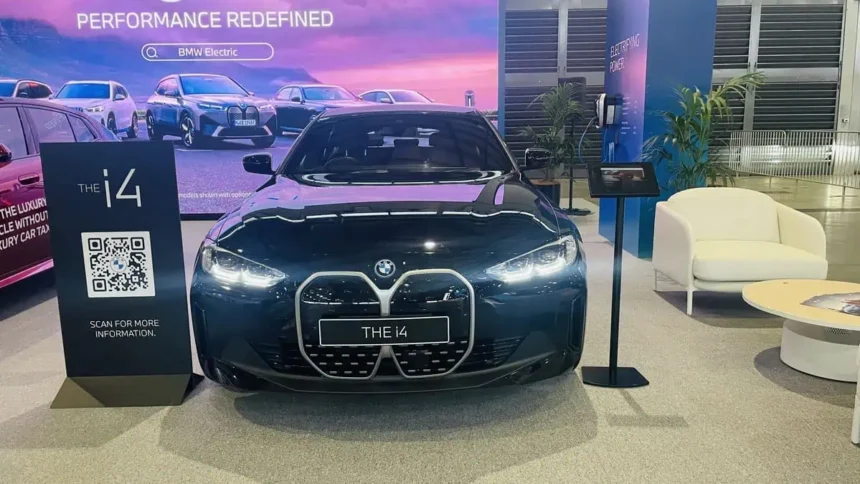German legacy automaker BMW elucidated that hydrogen power is just a complementary clean transportation solution, not a replacement for battery-electric vehicles.
BMW says hydrogen power will not replace EVs
Fuel cell electric vehicles (FCEVs) are not developed to supersede all-electric vehicles as they are meant to co-exist in the burgeoning industry, Drive reports, citing a BMW Group executive.
Therefore, BMW is heavily investing in both powertrain technologies, unlike rivals that focus on battery-electric models.
BMW believes that offering both technologies can widen its reach to customers, especially considering the hesitation of some drivers to go all-in on BEVs.
“We don’t see it as a competition between the two technologies. We actually think that the technologies compliment each other and can help each other because they fulfil different needs of people. When you want to change the behaviour of people … the best thing is to offer options.”
Dr Juergen Guldner, BMW Group’s Hydrogen Technology General Manager
BMW embraces hydrogen for long-distance transportation, EVs remain core
While BMW currently does not offer an FCEV model to customers yet, it is now testing the technology ahead of its set launch by the end of 2030.
It contends that hydrogen powertrains, which support fast replenishment of just 3-4 minutes, are more suitable for long-distance transportation like utes, vans, heavy trucks, aircraft, and ships.
Meanwhile, BEVs are reportedly more suitable for smaller passenger vehicles and urban transport. These vehicles do not regularly travel long distances or tow heavy cargo.
“No one thinks that gasoline [petrol] and diesel are competing against each other. Different people have different preferences. What we all want is to decarbonise, and basically save our planet.”
Dr Juergen Guldner, BMW Group’s Hydrogen Technology General Manager
The BMW Group executive further asserted that FCEVs will appeal more to customers without access to home chargers for overnight charging, travel long distances, or tow heavy loads regularly.
Alleviating stress on the electric grid
Dr Juergen Guldner also discussed the impact of the electric vehicle shift to the electric grids, proving its idea that a mix of battery and hydrogen technologies is the superior solution in combatting environmental issues.
The BMW executive even cited McKinsey & Company’s study, which the EU commissioned. According to the report, Europe needs to invest €1.56 billion by 2050 to support all EVs on the road by then.
However, this amount would drop to 21% if 15% of the light- and 41% of heavy-duty vehicles were FCEVs.
“Two infrastructures are cheaper than one, because electric charging infrastructure costs more and more the more you build, that is because you have to upgrade the grid.”
Dr Juergen Guldner, BMW Group’s Hydrogen Technology General Manager
In addition, BMW also shared its thoughts about how FCEVs can be a strong backup to EVs when the latter fails to deliver on its promises.
“We think that having a second technology option is a good thing to have in case the battery technology development does not go as we all want that it goes. There [are] too many uncertainties around that. Starting from raw materials, charging times, chargers that then have to sustain, at scale, the fast charging.”
Dr Juergen Guldner, BMW Group’s Hydrogen Technology General Manager
The BMW Group executive’s remarks make sense, considering the potential of FCEVs to serve as a strong compliment to BEV technology. Their fast refueling times make them superior for long-distance travel, while EVs will likely continue to dominate the passenger car and urban transportation market. This two-pronged approach aims to widen customer appeal and lessen the strain on the electric grid from a future dominated solely by BEVs.

